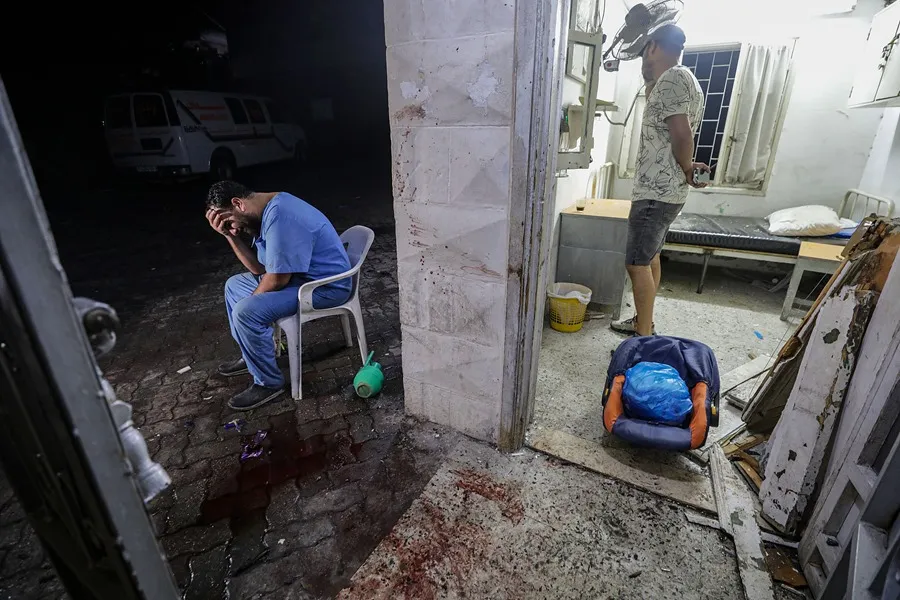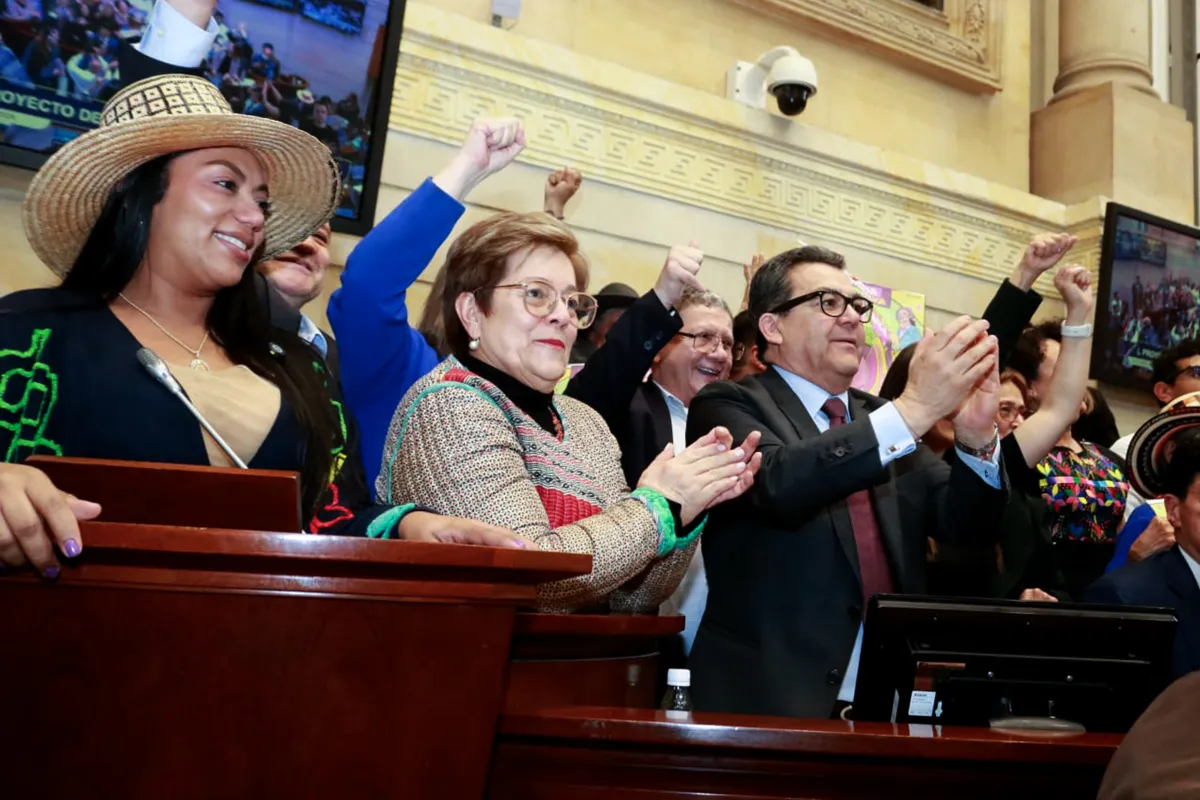International
‘We have nothing left’: Philippine typhoon survivors plead for help
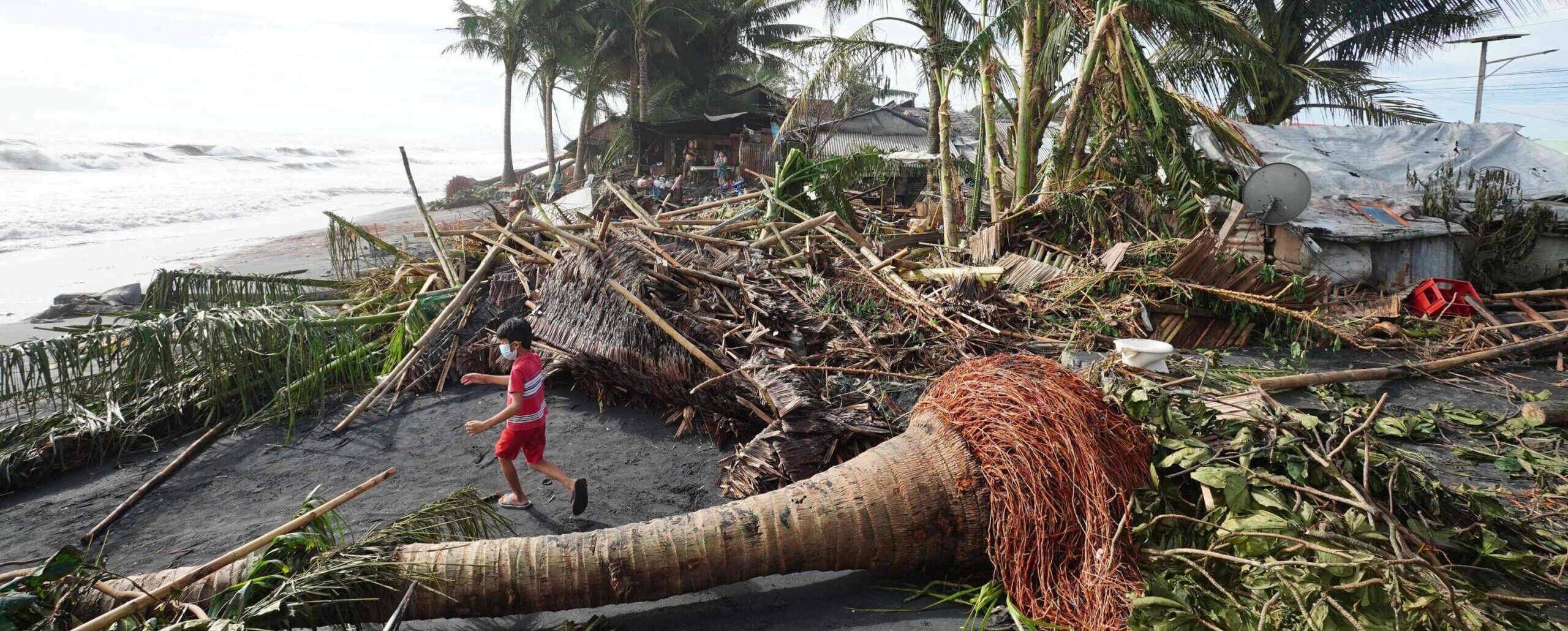
International
Amnesty International warns that the world is on the verge of the collapse of international law
International
The Colombian Senate approves the pension reform of the Petro Government
International
The U.S. Senate approves a military aid package for Ukraine, Israel and Taiwan
-

 International3 days ago
International3 days agoNoboa decrees a new state of emergency in Ecuador due to the serious energy crisis
-

 International3 days ago
International3 days agoForeign ministers of Colombia and Argentina settle crisis and open a “new moment” in the relationship
-
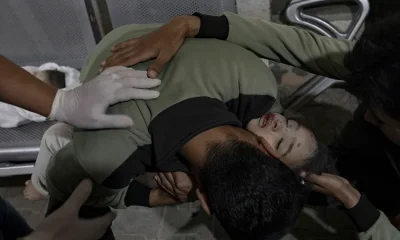
 International3 days ago
International3 days ago37 people killed in Gaza in Israel’s attacks in the last 24 hours
-
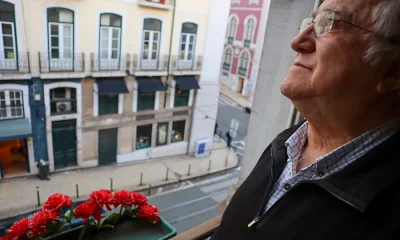
 International3 days ago
International3 days agoThe world needs a new Carnation Revolution, defends one of its architects
-

 International4 days ago
International4 days agoTen development banks pledge to boost lending by up to $400 billion to aid climate initiatives
-

 International3 days ago
International3 days agoRussia announces the creation of a center for the design and production of assault drones
-

 International4 days ago
International4 days agoArgentine Federal Police arrest man for repeated death threats against President Javier Milei
-

 International3 days ago
International3 days agoMajority anti-chavista alliance ratifies González Urrutia as a presidential candidate in Venezuela
-

 International3 days ago
International3 days agoRussia assures that Ukraine will lose the war despite the new US military aid package
-

 International8 hours ago
International8 hours agoThe U.S. Senate approves a military aid package for Ukraine, Israel and Taiwan
-

 International8 hours ago
International8 hours agoA plane with two people on board crashes in Alaska
-

 International8 hours ago
International8 hours agoBiden believes that Florida voters will vote in favor of protecting access to abortion
-

 International3 days ago
International3 days agoBiden cuts Trump’s advantage in the presidential race to two points, according to a poll
-
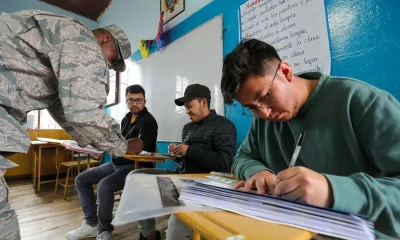
 International3 days ago
International3 days ago60% of participation ninety minutes before the closing of the vote in Ecuador
-

 International3 days ago
International3 days agoThe phase of initial allegations in the criminal trial of Trump in New York begins on Monday
-

 International9 hours ago
International9 hours agoA U.S. media manager says he favored Trump to help him in his 2016 campaign
-
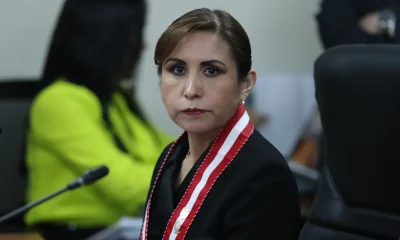
 International8 hours ago
International8 hours agoThe Prosecutor’s Office asks to prevent Peru’s departure from the suspended attorney general Patricia Benavides
-
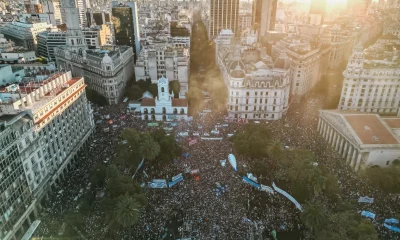
 International9 hours ago
International9 hours agoArgentine society defends its sensitive fiber before the Government: public education
-

 International8 hours ago
International8 hours agoThe Colombian Senate approves the pension reform of the Petro Government
-

 International3 days ago
International3 days agoBolsonaro exalts the tycoon Elon Musk for defending freedoms, in front of a crowd in Rio
-
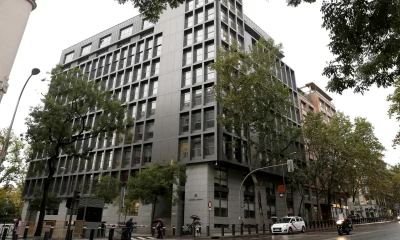
 International9 hours ago
International9 hours agoThe Court urges the judge to continue proceeding in the case of Obiang’s son
-
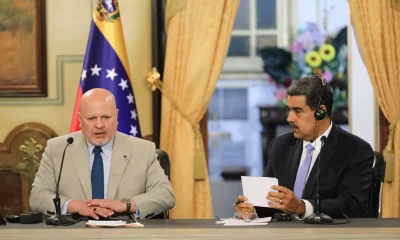
 International8 hours ago
International8 hours agoMaduro invites to return to the UN office for human rights, expelled from Venezuela in February
-
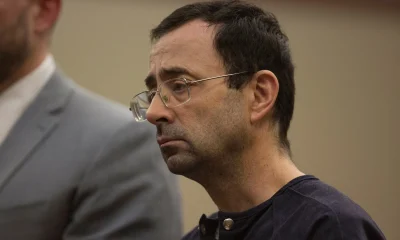
 International9 hours ago
International9 hours agoThe United States will compensate the victims of former doctor Larry Nassar with 138.7 million dollars
-
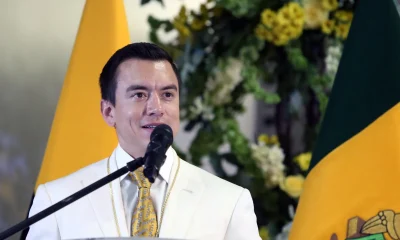
 International9 hours ago
International9 hours agoNoboa proclaims victory in the referendum and assures that Ecuador said “‘Yes’ to the future”
-
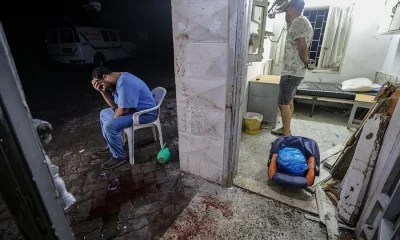
 International8 hours ago
International8 hours agoAmnesty International warns that the world is on the verge of the collapse of international law
















